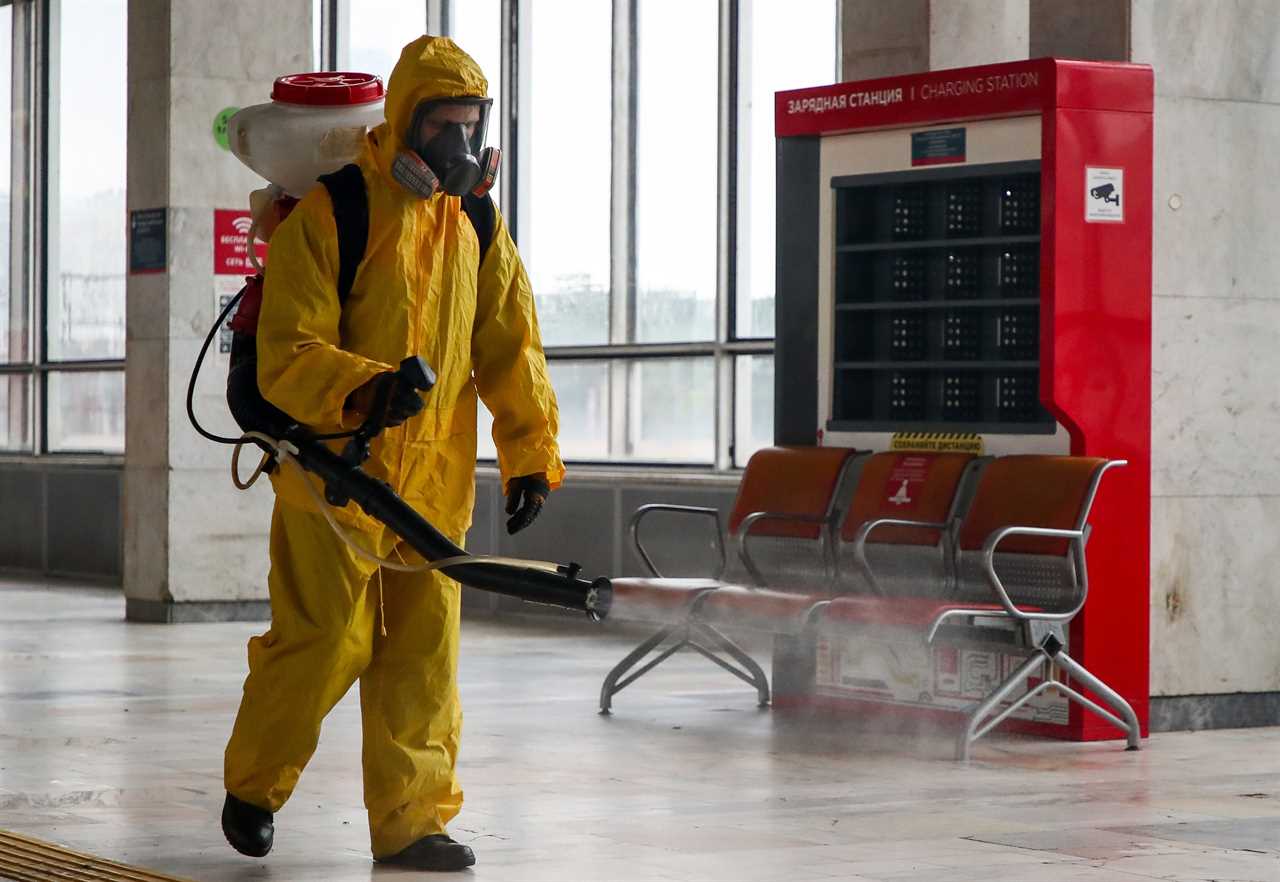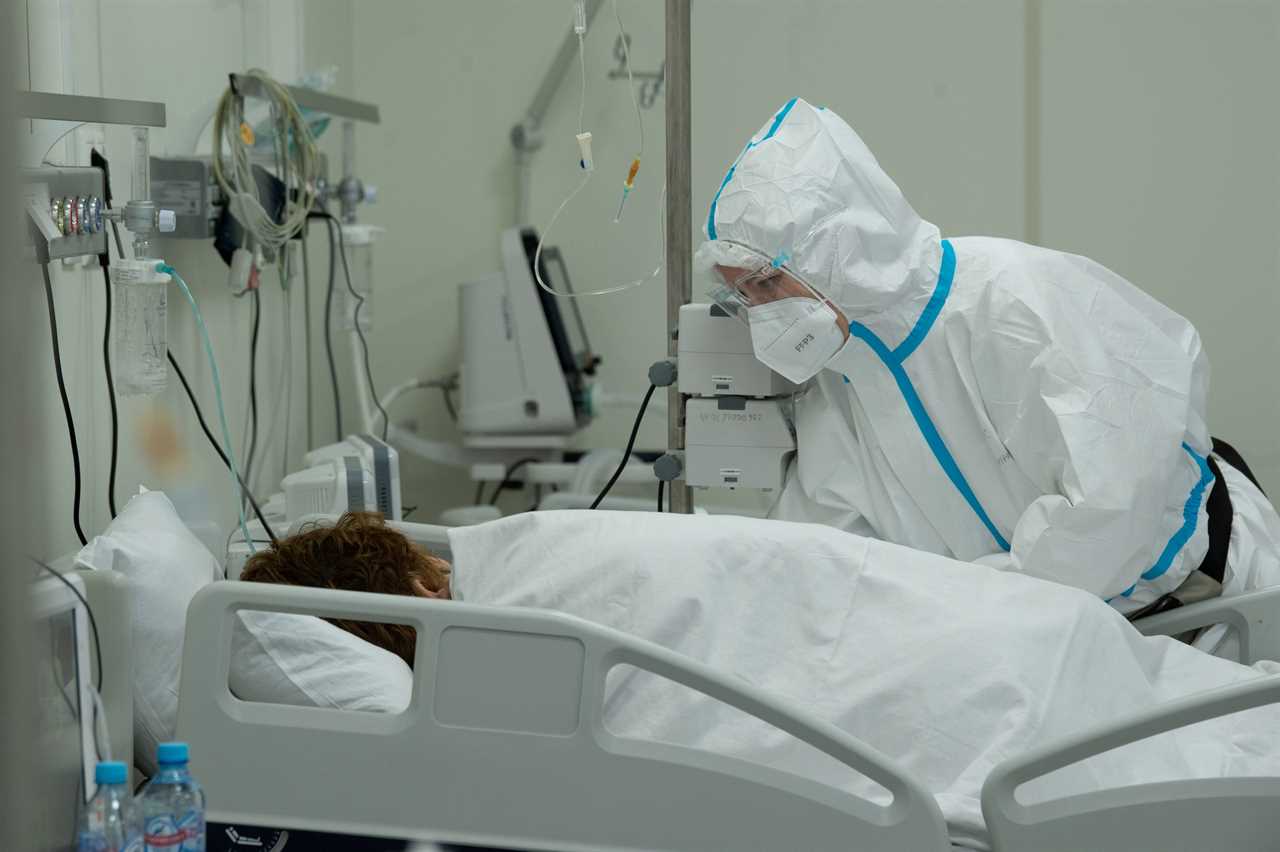THERE are fears that Russia has found a new ‘Moscow’ strain of Covid as scientists test the vaccine’s strength against it.
Health chiefs have not released any details on the potential variant to the public yet but experts are said to be confident the jab will still be effective.

Read our coronavirus live blog for the latest updates

The coronavirus outbreak in Moscow has been on the rise since the middle of May.
On Sunday, 7,7704 cases were reported in the city – the highest number since December 24 last year.
Experts at the Gamaleya Research Institute of Epidemiology and Microbiology, who produce the Sputnik V vaccine, suggested the new variant could be behind the rise in cases.
Deputy director Denis Logunov told the state-owned Russian news agency TASS: “Now we are monitoring [the situation] in Moscow, and most importantly, Moscow may still have its own Moscow strains.”
Mayor Sergei Sobyanin said that the city was re-purposing thousands of hospital beds should they need them and telling people to work from home to help avoid the spread.
Sports pitches, playgrounds and other attractions inside large parks were closed for a week from Sunday.
Similar to rules in the UK earlier in the pandemic, bars and restaurants were ordered to close no later than 11pm.
Mr Sobyanin said: “This is only a temporary solution.
“To avoid new restrictions and secure a sustainable improvement of the situation, we need to significantly speed up vaccinations.”
Gamaleya Institute head Alexander Gintsburg said he believes the strain is not resistant to jabs.
Mr Gintsburg told the Moscow Times: “‘We think that the vaccine will be effective, but we must wait for the study results.”
Coronaviruses are known to constantly evolve, creating different strains.
Several variants have already emerged including the Kent ‘Alpha’ variant, the Delta variant – formerly known as the India variant.
There were strains detected in South Africa and Brazil too.
Researchers found that two vaccines give strong protection against the Delta variant, which doubles the risk of hospital admission.
The Delta variant is the dominant form of Covid in the UK now.
A study carried out in Scotland found out of 19,543 community cases and 377 hospital admissions, 7,723 and 134 of those were infected with Delta.
As with other variants, people with underlying conditions were more at risk of being admitted to hospital, researchers said.
And while hospitalisations have increased, they have not soared at a similar trajectory seen at the end of September last year as the Kent variant took hold.
While vaccines were found to reduce the risk of being admitted to hospital, strong protective effects against the Delta variant were not seen until at least 28 days after the first vaccine dose, researchers found.
In Scottish community cases at least two weeks after the second dose, the Pfizer/BioNTech jab was found to provide 79 per cent protection against infection from the Delta variant, compared with 92 per cent against the Alpha variant.
While the Oxford/AstraZeneca vaccine offered 60 per cent protection against infection with the Delta variant compared with 73 per cent for the Alpha variant.
Experts say this lower vaccine effect may reflect that it takes longer to develop immunity with the Oxford jab.







